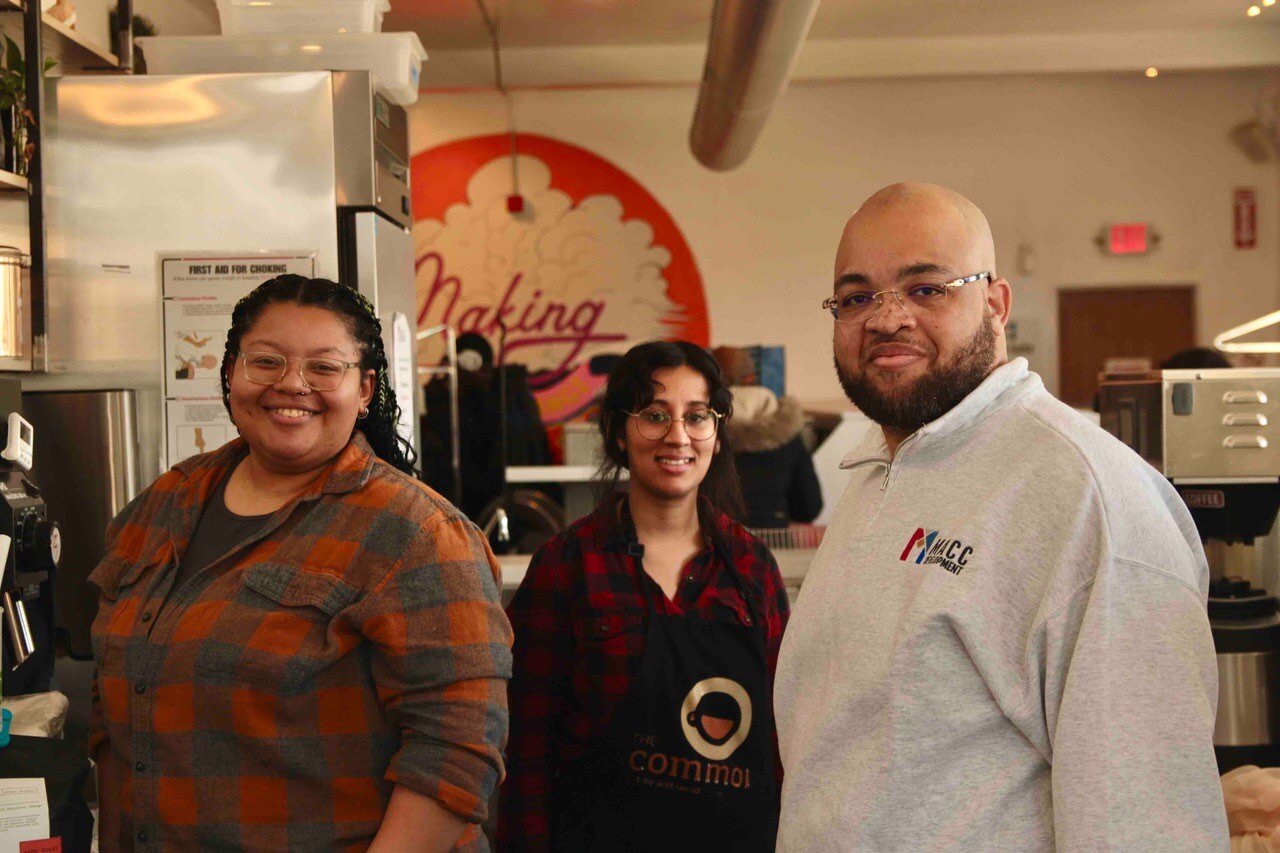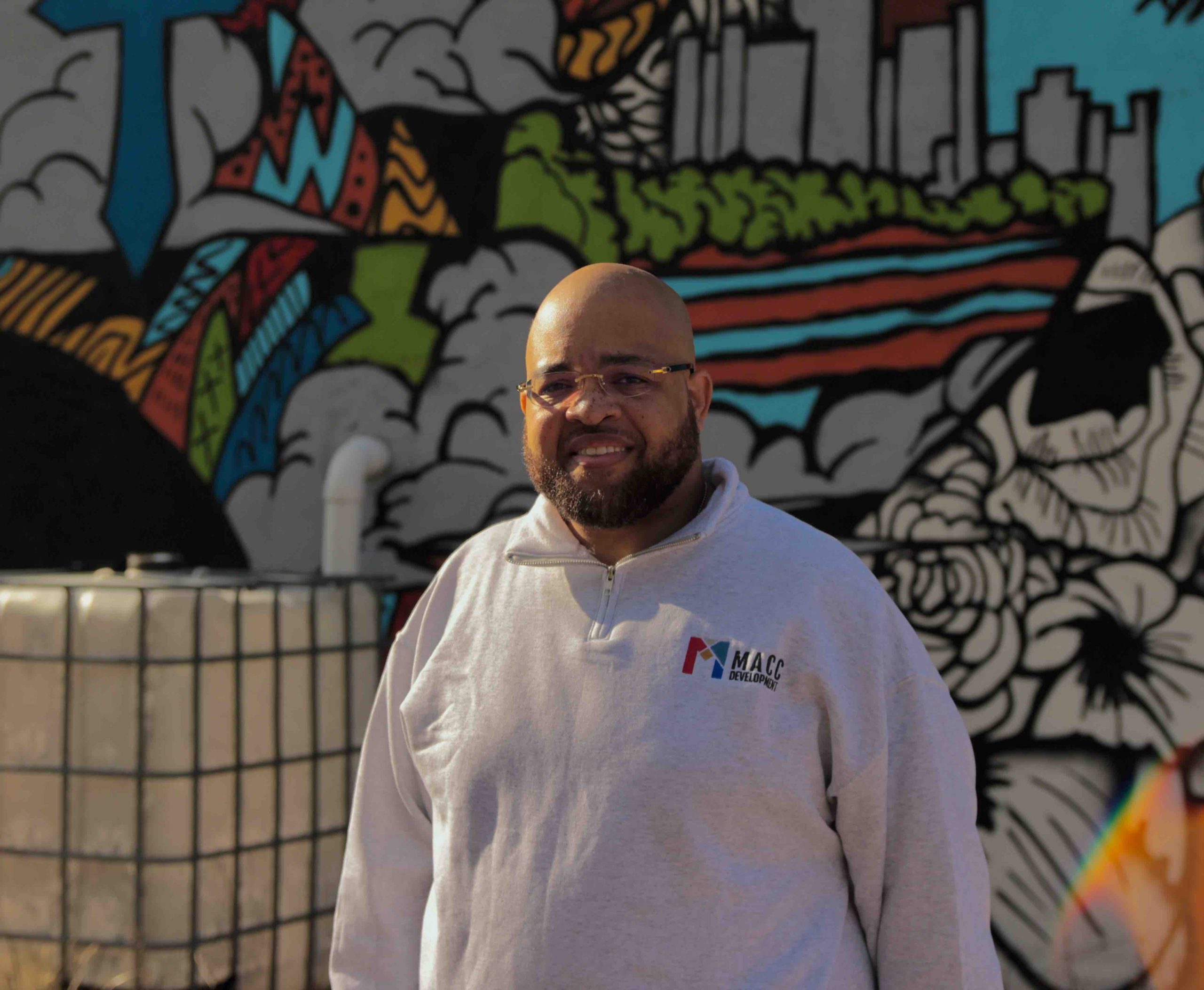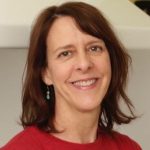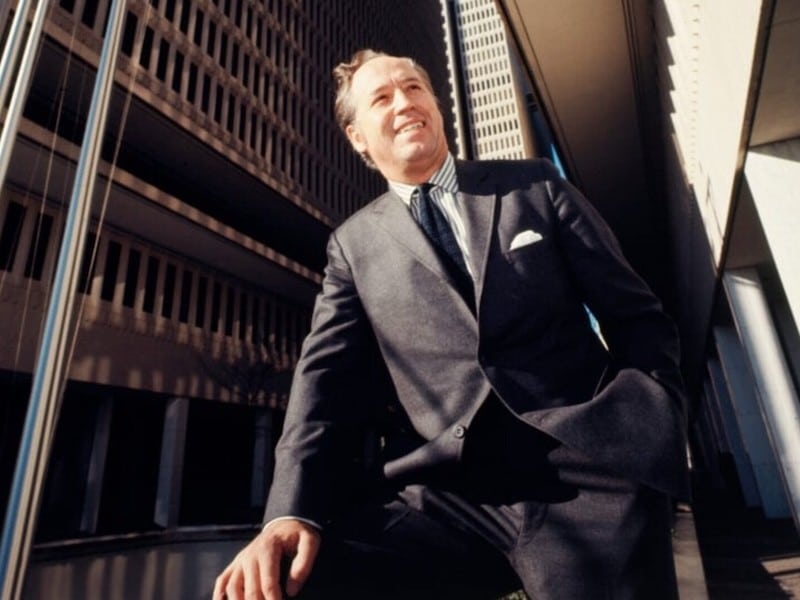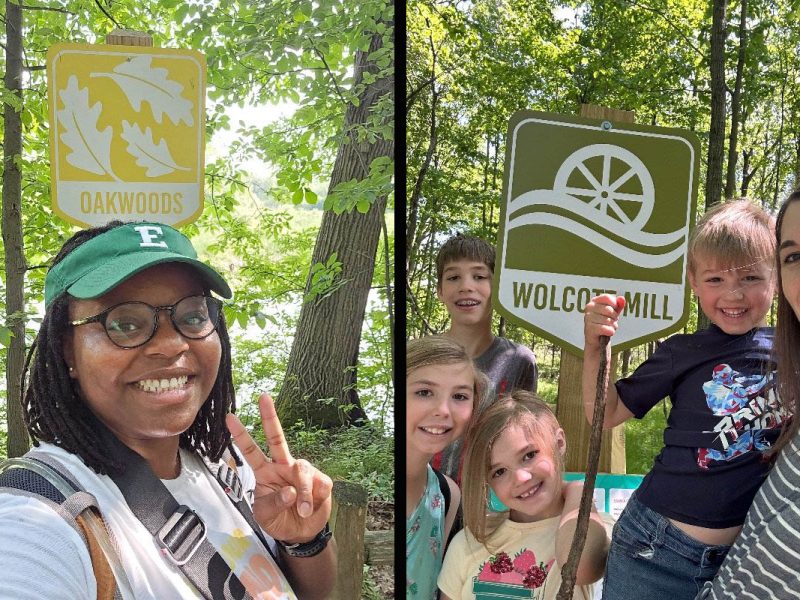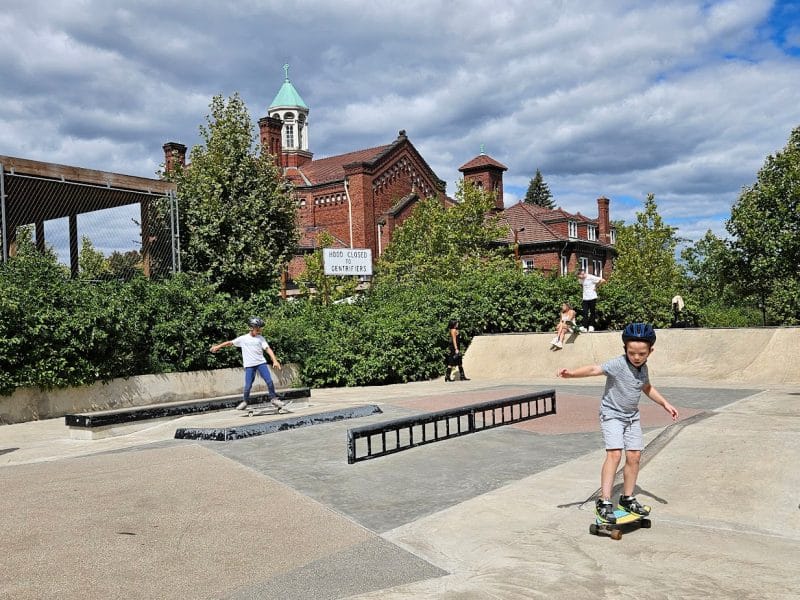Resilient Neighborhoods: Learnings from Montgomery, Alabama, the mecca of the Civil Rights Movement
Inspired by the Freedom Riders, Antoine Jackson takes learnings from a Montgomery, Alabama, retreat and reflects on how Detroit can use lessons from the Civil Rights Movement to engage the faith-based community and spark interest among the city’s young people.
Last month, Antoine Jackson, executive director of MACC Development, spent five days in Montgomery, Alabama, as one of 32 U.S. fellows with the Black Leadership Institute, a project of the Institute for Nonprofit Practice. During this opening retreat and orientation, titled Freedom Dreams: Leading Change, Jackson was introduced to the program faculty and other fellows. Over the next 18 months, Jackson will learn from seminar leaders and be paired with a senior fellow.
During the retreat, Jackson explored Montgomery and visited historical locations that were significant to the Civil Rights Movement of the 1950s and 1960s; he learned the importance of the faith-based community in supporting the people behind the iconic movement.
Responses edited for length and clarity.
Model D:
What was it like mentally, personally and spiritually to attend the retreat in Montgomery, Alabama, which was such a significant location for the Civil Rights Movement?
Jackson:
It was my first time visiting Montgomery. I’ve read things in books and seen these historical places in pictures. But to stand in those spaces was monumental. Having been raised as an African American in Detroit where Rosa Parks eventually made her home, to see the bus stop in person where she refused to give up her seat, to see the home where Dr. King and other Freedom Riders found solace and refuge in person, and actually walk through their home, and to sit where Dr. King and these other individuals sat – and literally it’s the same furniture in the home as it was then – was moving. It served as a reminder of the work that has to continue even today for civil rights.
Spiritually, it was moving, because we were on this block where this home was located, where Dr. King and the family found refuge,
Model D:
MACC Development, where you are executive director, was founded by MACC Avenue Community Church, which has done much work to better the community. What did you learn at the retreat about the church’s role in the civil rights movement?
Jackson:
We learned that those homes where Dr. King and others took refuge were initially owned by the church. The church had created a neighborhood where families could grow and go together. But more importantly, it became a hub for civil rights leaders who were working to affect change in the area. It was a moving moment to see how integral of a role the church played in this Civil Rights Movement. It made me want to advocate for and see that even more today.
We heard stories from one of the ladies whose father was a dear friend of Dr. King. Their home, the home that we toured, is where they found solace. One of the things she said was, “We met at the church, and the church was a place of information. It was hub. It was where we got our information on what was next.”
That’s why, unfortunately, they began to bomb the churches. In spite of the bombings that were happening, the church never decreased its involvement. They maintained their position and their posture of wanting to be the place, the hub for the residents, for the community, where shared vision could be cast, and that they could strategize and organize for it.
And so, just hearing that experience from her reminded me that the church is that place. It is that hub for the community.
Model D:
How can those learnings apply to MACC Development today and its legacy as a faith-based organization that creates community change?
Jackson:
MACC Development was started by Mack Avenue Community Church as an expression of the church’s desire to see their community transformed. The members of the church are residents of the community. It’s not a disconnect, right? I’m not just coming into the community to attend church and leave, but I actually live, work, operate in that community where I attend church. Therefore, [the church] has an ability to affect change in that community. They’re doing it with their neighbors, not for the neighbors.
That is translated over through MACC Development because we are doing this work with neighbors. We intentionally hire from the community. We intentionally engage our community of 48214 in our various programming. We engage volunteers from that community. Not that we don’t accept persons who come from outside of the community from other areas, but we do want to engage with the residents who live there.
I see the similarity there with the Civil Rights Movement. The church was literally within walking distance of the homes where the residents lived who were marching with Dr. King to participate in the Montgomery Bus Boycott. It was really community. That’s the overarching thing for me, that it’s community.
Model D:
Any major takeaways from the opening retreat that have inspired your work at MACC Development and within 48214 that you want to bring back, think more about, or share?
Jackson:
Looking at the list of Freedom Riders who were with Dr. King, these were all individuals no older than 22 years old. They were young individuals, college students, who believed in this fight and were willing to put themselves at risk and in jeopardy. Several of them wrote letters back to the families [who housed them]. I had an opportunity to read one of the letters saying, “Thank you for housing us and for feeding us.” They talked like they were teenagers, because they were teenagers. It inspired me because if we’re going to really cause change in our communities, we have to involve our young people. We have to give them an on ramp to be a part of this.
As leaders of organizations, as leaders of churches, we have to make space for our young people. I’m happy to share that there is increased conversation about teaching and training for young people about what we do in the community development space in hopes of attracting them to this space. There is also a great deal of conversation about activating youth voice in our work.
Seeing that list of young people who were there with Dr. King, Reverend Abernathy and others, that really struck a chord with me. As we think about the future of community development in our city, we’re going to have to engage our young people in this work so that they can one day assume leadership roles and, more importantly, keep this work going.
Model D:
How do you see doing that?
Jackson:
In January, Community Development Advocates of Detroit or CDAD, where I serve as the board chair, hosted an event in partnership with other CBOs [community-based organizations]. It was a career expo targeted toward young people, hoping to introduce them to careers in the community development space.
The keynote speaker was Jerjuan Howard, the executive director of Umoja Debate League, and he’s also a community organizer. Jerjuan is a relatively young man in this city who’s doing tremendous work with young people, and he’s organizing around issues affecting young people and community.
Being able to continue those types of efforts will attract more young people to this space and into this work. Additionally, what we can continue to do… is really push the idea of youth voice. As we look at how to engage our youth advisory councils – not just advisory councils to come and sit, but having authority to come up with ideas and to put them into action – that’s going to be important.
There are also intergenerational learning opportunities. Dr. King at that time was 37, working with individuals who I think the youngest was 16. He’s not too much older than them, but he’s old enough, and he’s leading this work. That intergenerational learning is going to be important too.
Model D:
Anything else to add?
Jackson:
I would also like to mention the economic impact of the bus boycott in Montgomery. We certainly understand that, for 382 days, they were boycotting bus use by African Americans. It was the economics of that moment that caused, I believe, or what it appeared, the city to make some adjustments. They saw that, “Wow, this group of individuals has some economic power.”
Remembering that, when we talk about community development, we have to always include economic development because if people are not doing better economically, no matter how much we develop the community, we won’t necessarily see the change that we want.
We met with Mayor Steven Reed while we were in Montgomery. He said, “We can’t just want political power without economic power. You have to understand that they all go hand in hand.” As we’re working in our various communities, we’ve got to make sure that we are keeping that in mind. I’m happy that at the impetus of MACC Development was a church who saw the need for community development through a holistic view and was not afraid to do it from a faith-based lens.
Resilient Neighborhoods is a reporting and engagement series examining how Detroit residents and community development organizations work together to strengthen local neighborhoods. It’s made possible with funding from The Kresge Foundation.
